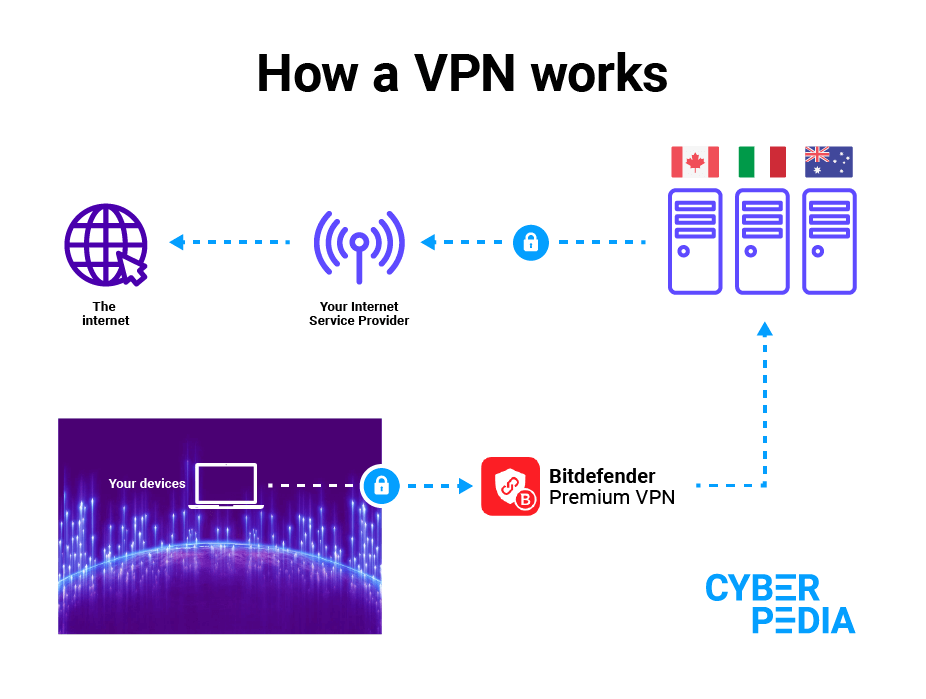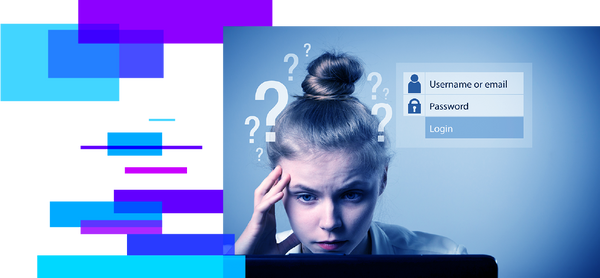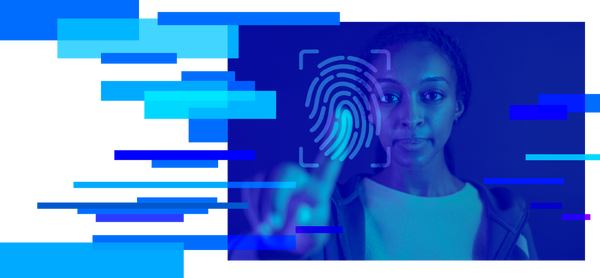Find Out Why You Really Need a VPN

How many times have you wondered if you really need a VPN? Is it worth it? Should you pay for one or just go with the free options? Are they all alike or are some VPNs more secure than others?
But when looking for a definitive answer, you may also discover which of your online activities should absolutely stay private.
A costs-benefits analysis looks different for each person, depending on their most pressing needs. Someone may want to watch tonight’s game - which is not broadcast in their country. Someone else might just be seeking to add another security layer to their remote work setup.
To find out if this really makes a difference in your context, take cybersecurity experts’ advice on how to use your VPN like a pro.
How VPNs Became Important
Mass data collection, social unrest and massive private data leaks are just some of the reasons why everyone seems to be talking about VPNs these days. But not all VPNs are alike.
Using a secure VPN became a necessity for deeply compelling reasons, such as protecting the fundamental rights to freedom of speech and privacy.
Three core factors have made it simple and cost-effective to protect your digital footprint:
- increased concern over the lack of online privacy
- reports that depict how extensive the issue is
- significant improvements in user experience and performance that made VPN apps very easy to use.
Now let’s break down a few misconceptions about VPN usage and reveal the truth behind them, with the help of cybersecurity experts.
Do You Really Need a VPN for Wi-Fi?
An unprotected Wi-Fi is “a Wi-Fi network that’s shared by more than just me”, as Bogdan Botezatu, Director of Threat Research and Reporting at Bitdefender, explains.
Even when the hotspot is password-protected, “if there are many people connected to one network and they know the Wi-Fi password, they already know how to decrypt the traffic that flows across them”.
Besides exposing your Internet traffic to all others connected to it, using an unsafe Wi-Fi network also gives data about your behavior to the network owner, the Internet Service Provider, and other operators.
"Whenever you connect to a coffee shop or a free and unprotected Wi-Fi, the VPN will help you and will protect you from having your data harvested, from having your data used and abused, from having even more marketing sent your way. And it’s also going to protect you from having your phone being sniffed and your communications intercepted – your applications being intercepted by cyber-criminals.
Your VPN should turn on automatically when you connect to an open and shared Wi-Fi. There’s absolutely no reason not to do it and a lot of benefits from actually doing it."
Alex "Jay" Balan (Director of Security Research, Bitdefender)
Do You Need a VPN for Online Banking?
There is a big difference between how we interact with banks nowadays. Instead of going to a bank, a place with strong security procedures in place, where authorized personnel carried out transactions, we now send and receive money with a few taps on our smartphone.
Because it is so easy to use online banking apps, we are prone to be less careful about what goes on in our physical environment as well as on our devices. Online banking interactions are now a matter of digital information exchanges, abstract data flows that we cannot see but that cyber-criminals know how to track, intercept and interfere with.
Using a VPN for online banking is a smart choice because it adds another layer of encryption to all your online activities. With one important consideration in mind:
"The one thing that you want to do in the relationship with your bank is to have predictable behavior, a predictable IP address, and a predictable authentication mechanism, so the bank can properly profile you and extrapolate abnormal behavior."
Alex "Jay" Balan (Director of Security Research, Bitdefender)
Because a VPN changes your IP and your location, it may confuse your bank’s security processes. The simplest way to make the most of your VPN (and maintain a behavior that helps your bank predict potential fraud attempts) is to choose an IP from the country you live in. This will give you the protection of a secure VPN while helping your bank keep tabs on you so they can block potential scams.
Do You Still Need a VPN if You Use HTTPS?
With everyone talking about data encryption, sometimes it is difficult to tell how various products and services for online privacy and security complement each other - or overlap in features.
"We use encryption every single day. Most of the conversations on the Internet are transparently encrypted and decrypted without us having to do anything with it. But of course you can - and should - kick your security awareness up a notch."
Bogdan Botezatu (Director of Threat Research and Reporting, Bitdefender)
It is great that many websites today use HTTPS (HyperText Transfer Protocol Secure), a security protocol that encrypts Internet traffic between your browser and the server that hosts the website you are trying to access. But your device connects to multiple applications and servers at the same time, some of which may be using HTTP, which does not use encryption to protect your data.
By using a secure VPN, like Bitdefender Premium VPN, you make sure it applies encryption to all your Internet traffic, no matter the devices you use or the servers you communicate with.
While HTTPS hides your data from eavesdropping and tampering, a VPN does the same (plus camouflage the details of your IP and device).
It is especially important to use a VPN on mobile devices, where it is more difficult to keep an eye on URLs and see if they include HTTPS. We are not as careful when using our smartphones and tablets, so having a trusted VPN running in the background is the easiest way to make sure your data always travels through an encrypted tunnel to its destination.

Do You Really Need a VPN at Home?
You feel safe and comfortable in your own home, but your personal data does not automatically benefit from the same protection.
If you already did the work and minimized security risks in your Wi-Fi network, then you are in a better position. However, if you have not replaced the default usernames and passwords that many home routers and their software use, then you are making it incredibly easy for cyber-criminals to hack into your home network.
Then there is the issue of ISPs that collect and are legally able to sell data about your online behavior. They claim the information is anonymized but there is no guarantee that it cannot be traced back to your individual self.
Slowdowns are no longer an issue with high-performance VPN apps, so there is no impediment to use one even when you are at home.
"You may be concerned that the VPN will slow down your connection. Actually, it’s the opposite.
The VPN uses compression at the origin so that means that you’re going to do less traffic when using VPN and your Internet might actually be faster than you would expect it to be."
Alex "Jay" Balan (Director of Security Research, Bitdefender)
Does a VPN Really Make a Difference?
To make the most of any privacy-boosting product, you need to use it constantly. It also helps to understand what it can and cannot do, so you make an informed decision that puts you in control.
A good VPN can make a big difference in reducing your digital footprint in the long run, as you minimize the volume of information about your online behavior day after day.
With expert cybersecurity advice under your belt, you can do everything in your power to avoid issues that impact your online privacy (like digital identity theft or social media impersonation).
Bottom Line: Is a VPN Worth It?
You really need a VPN if you:
- rely on technology to build your career, earn your income, and provide for your family
- understand that technology is extremely complex and cyber-criminals extremely motivated to get and use your data
- checked if your personal information is exposed online and had an eye-opening experience
- are aware of how pervasive and aggressive mass data collection is – both in the public and private domains
- realize you have the option to use a product that protects your online privacy beyond what you can see
- know there are many things outside your control that technology can monitor and secure on your behalf
"Ideally, a VPN solution should be transparent that it keeps no logs or only keeps logs for a specific period of time - like, one hour - flushing everything away afterwards so it cannot be connected with what you’re doing online."
Bogdan Botezatu (Director of Threat Research and Reporting, Bitdefender)
If you choose a VPN from a company you trust, with a solid track record and a strong team of experts - like Bitdefender Premium VPN - you make sure you get products that deliver on their promises.
After all, what is the best use for a VPN? To keep you safer on the web and protect your right to online privacy.
tags
Author
Choose what the experts use. Award-winning cybersecurity you can trust and rely on.
View all posts

